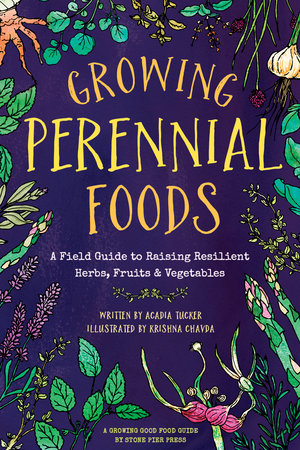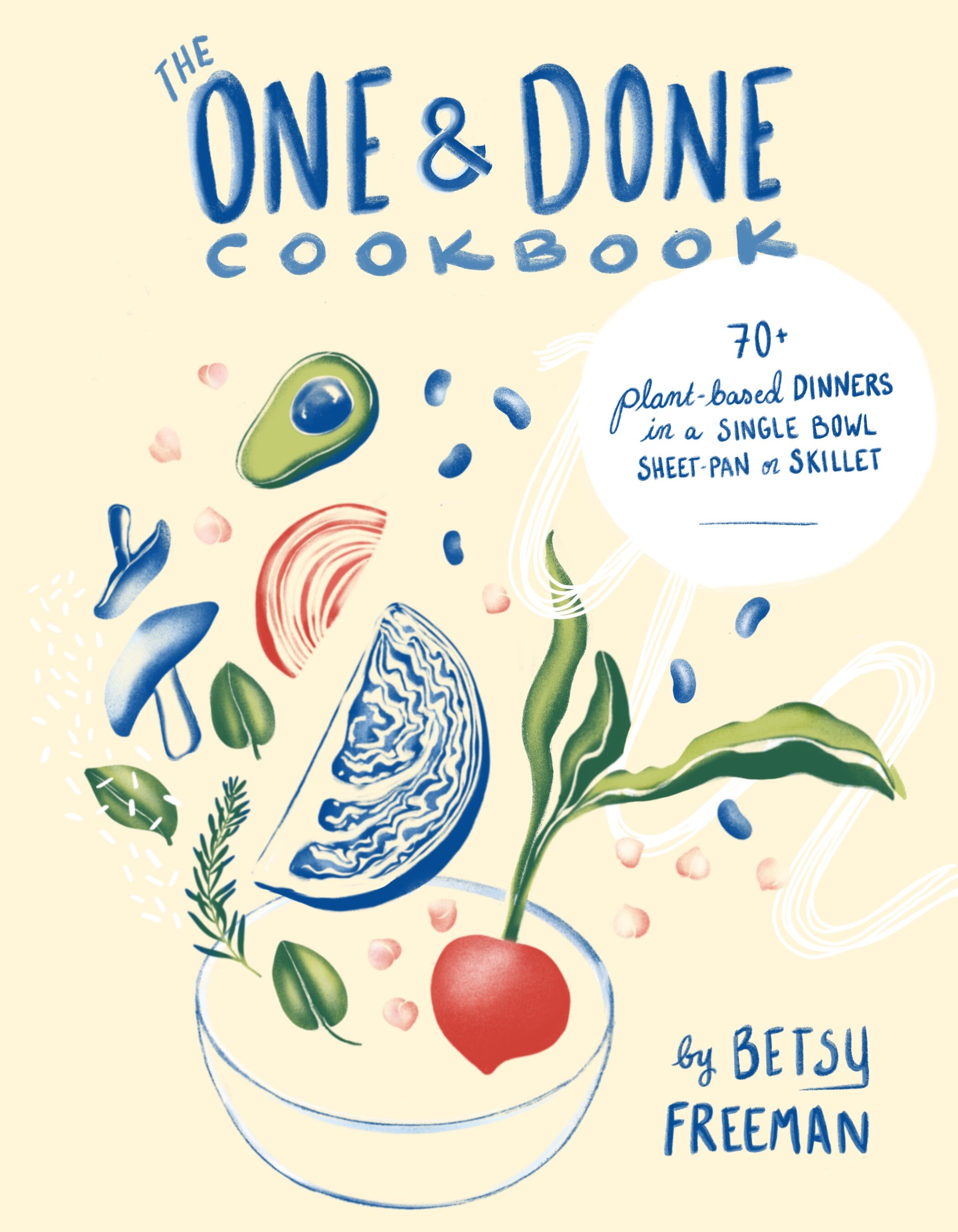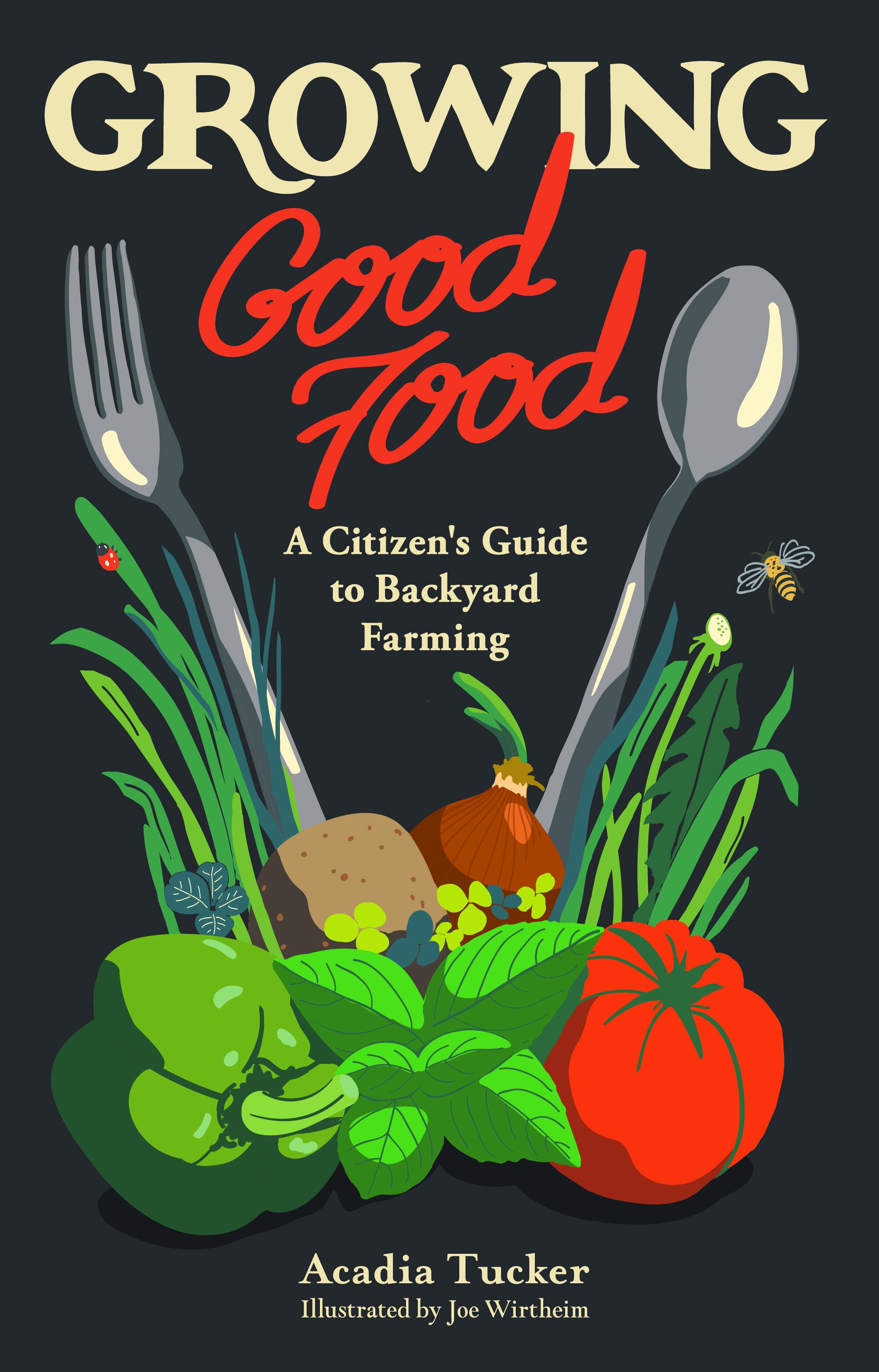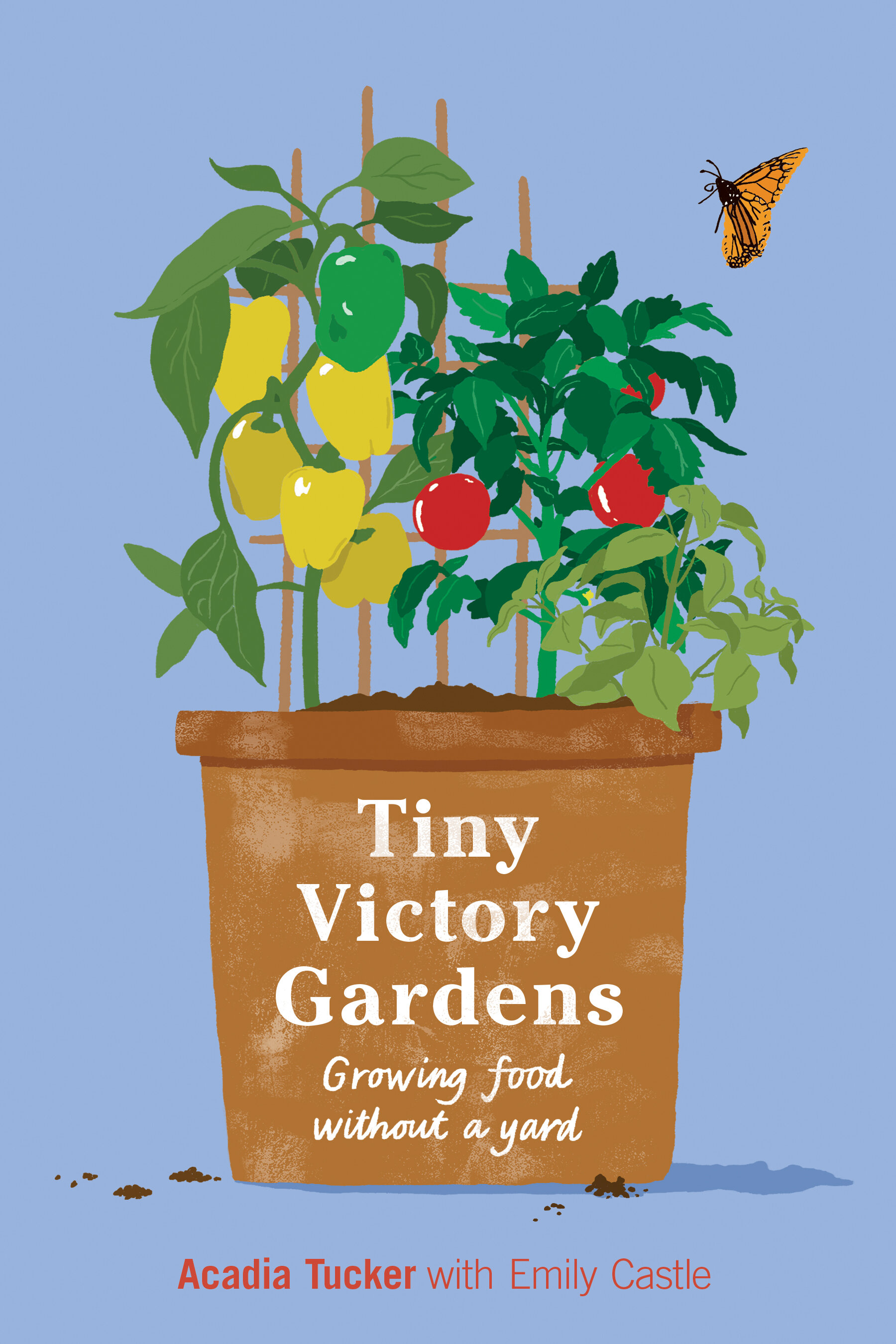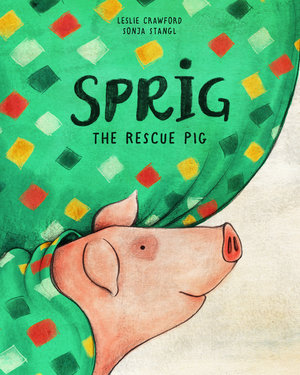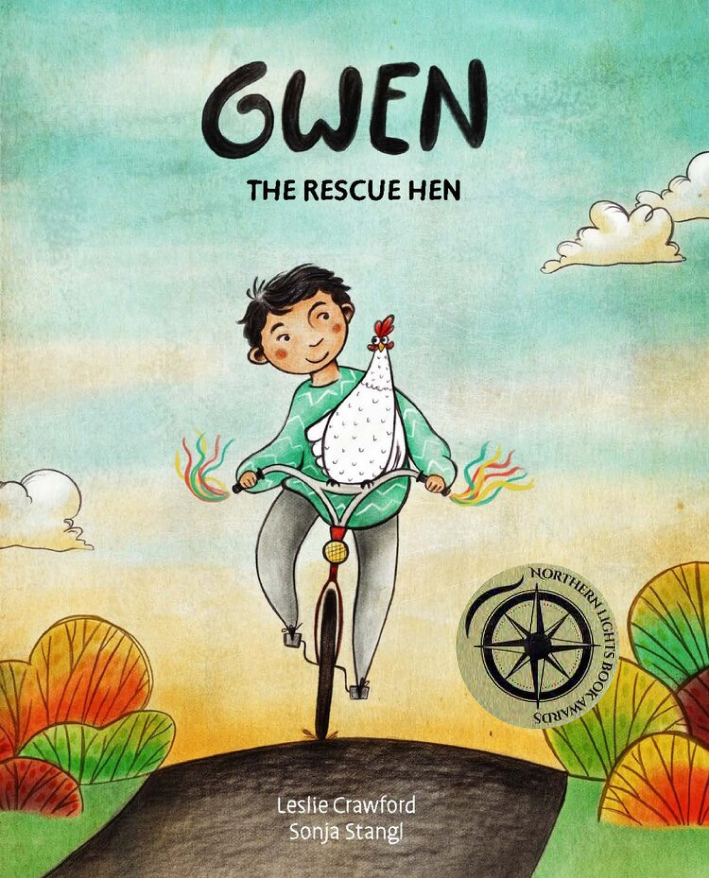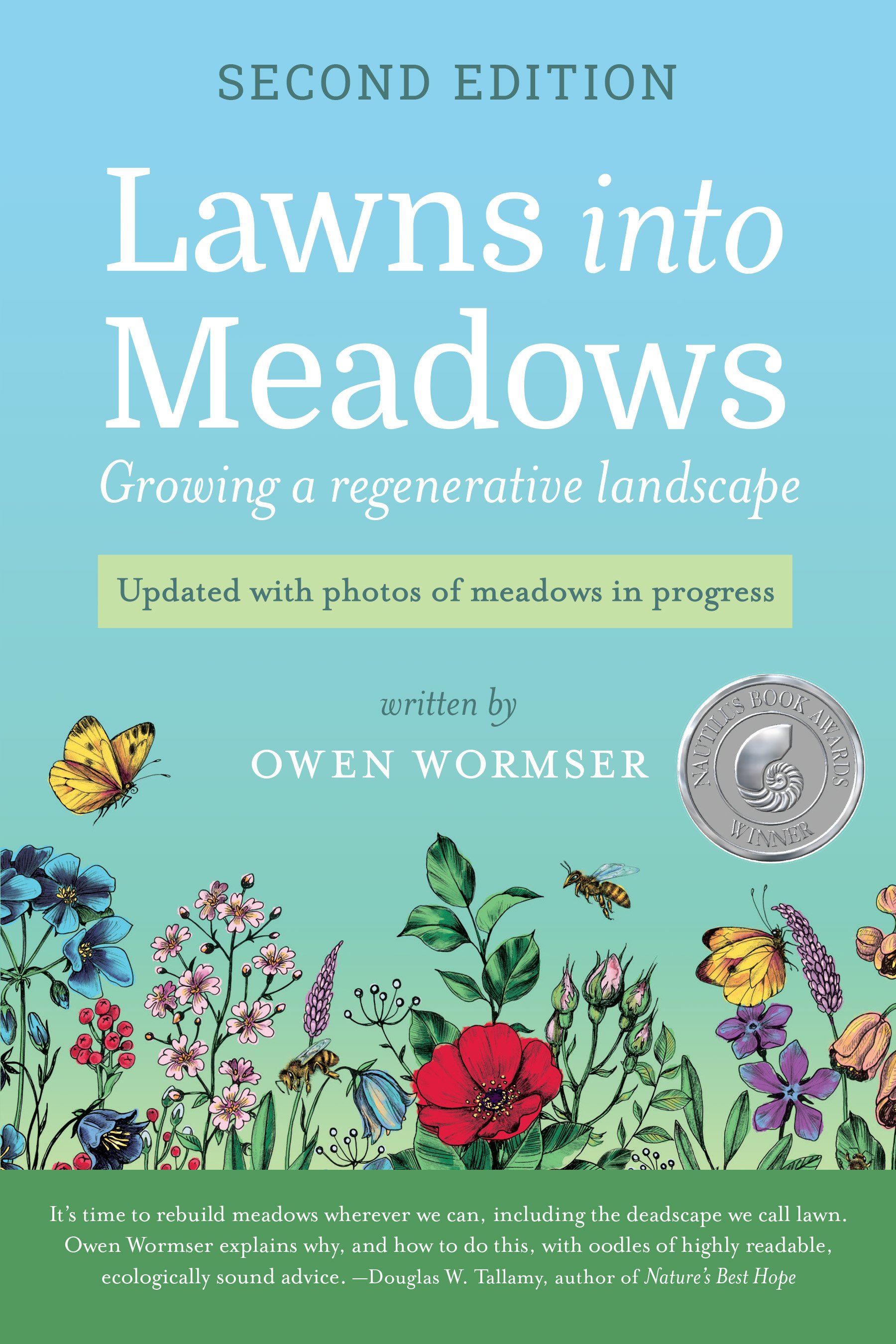How to push for change by shopping
Tired of trying to make sense of labels? It’s possible to navigate your way to conscientious consumerism with the help of a few well-developed apps. (Source: iStock)
I’m a label reader. I rarely put an item in my grocery cart that I haven’t scanned. What exactly am I looking for? I’m all too aware of the many ethical, health, and environmental problems of the American food industry—issues like factory-farmed meat, rainforest destruction in the name of palm oil production, overfishing, and highly processed foods, to name just a few. So I try to avoid buying from companies that contribute to these problems. Needless to say, this can make trips to the grocery store a fraught, and time-consuming, experience.
“Unfortunately for me, and for all of us, labels aren’t always revealing.”
Unfortunately for me, and for all of us, labels aren’t always revealing. They can disguise business practices that damage the environment, downplay an ingredient list full of chemicals, or use meaningless terms like “natural” to create a false perception of their product. What’s more, the ongoing consolidation of the American food industry means that most of those “mom and pop” appearing brands are likely owned by one of the big guys—a Tyson, Nestle, JBS, or PepsiCo.
“...you can now use your phone to find your way out of a pervasive system that you’re ethically opposed to. Welcome to the future.”
So what’s the average person to do? As with so many of our modern problems, we can download an app. That’s right, you can now use your phone to find your way out of a pervasive system that you’re ethically opposed to. Welcome to the future. Several apps purport to guide you through various issues, from workers’ rights to processed food and palm oil. They include Buycott, Agreeable Co, DollarSpeak, Fooducate, EWG Healthy Living, and Good Guide, to name a few.
It’s easy to feel small in the face of so many huge problems, but these apps allow you to become an agent of change every time you shop. I’ve tried quite a few, so allow me to break down a few of my favorites.
Buycott
“Use our barcode scanner to get an unfiltered look at every product in the store.”
There is one section of the grocery store I’ve come to dread: the meat section. The more I’ve learned about the meat industry, the more troubled my relationship with this part of the grocery store has become. I strongly object to the way that it treats both its animals and its workers, and the huge impact the whole profit-driven operation has on the environment.
(Note: I know that the easiest way to solve my revulsion for the livestock industry would be to just stop eating animal products. I’ve tried, but it’s been a very bumpy road, so I’ve compromised by greatly reducing my meat consumption.)
So there I am, standing in front of a wall of meat, wondering how I can avoid becoming part of the problem. Sometimes I stand there for five minutes, sometimes for as long as ten. I scan the labels and packaging for some sign of assurance that this chicken breast or those drumsticks led some semblance of a decent life before they ended up here.
This is why Buycott was invented. Created in 2013, this Jetsons-level invention scans the barcode of any product and traces its line of ownership all the way up to the corporate parent company. So even if the package says “Open Prairie Natural Meats,” Buycott will let you know that “Open Prairie Natural Meats” is actually owned and supplied by Tyson Meats, one of the largest industrial meat companies in the world. By the way, Tyson is actually being sued for dishonestly using the label “natural.” Not only does this term mean next to nothing, Tyson uses it to present the appearance of ethical meat, disguising an operation that is anything but.
Tyson is among major food companies that have refused to adopt animal welfare policies unlike Starbucks, Chipotle, and Compass Group. Tyson has ignored consumer demands to stop practices like artificially breeding their birds to grow at unnaturally rapid speeds, which causes organ failure and horrific leg pain, and confining birds to tiny, windowless cages for the entirety of their short lives. Not to mention that Tyson was found guilty of causing a huge amount of water pollution. Using Buycott allows you stop supporting such practices—and not just for meat. Scan a package of fish and Buycott will tell you whether that company is guilty of overfishing, and then offer a list of alternative companies that fish sustainably.
You can join campaigns created by the app’s users that boycott business practices in addition to individual companies. You can even contact a problematic company through the app and tell them why you didn’t buy their product, which can help create change, too.
Environmental Working Group Healthy Living
“Scan a product. Review its rating. Pick the better choice.”
This app was created by the Environmental Working Group, an organization made up of policy experts, scientists, lawyers, programmers, and communication experts whose goal is to educate the public about what is actually in the food and products they buy. The app focuses on chemicals and harmful ingredients, so if that’s your main concern, this is the app for you. The app identifies any harmful chemicals hidden in lists of ingredients as well as levels of processing and nutrition for more than 120,000 products in food and skin care, which allows you to make safer choices.
Agreeable Co.
“Conscious consumption, crowdsourced. Share and discover brands and products truly worth talking about, buying and supporting.”
Agreeable Co. is essentially a database of brands curated by its employees and users. These brands, ranging from food to home goods, have been vetted according to six standards: social responsibility, quality materials and ingredients, eco-consciousness, vegan-friendly, design and craftsmanship, and made in the USA.
There is an exhaustive set of specifications for each category, and each product is extensively researched before being added to the platform. The platform also regularly creates “kits,” or collections, of its top-rated brands in different categories. This app is where you go to shop after someone else has already done the research for you.
Put your dollars where your vote is. (Source: DollarSpeak)
“While politicians and activists battle over political campaign reform laws, DollarSpeak is taking an innovative path towards equal voter representation by revealing what political affiliation consumer dollars are being funneled towards.”
This app is more politically oriented. It allows you to see the donations consumer-oriented businesses have made to certain campaigns and politicians. By allowing you to buy from businesses that support your political views, it gives you a grassroots way to create change. One example of how this kind of transparency has worked before was when In-n-Out Burger was outed as having donated $25 million to the Republican Party in 2018. With DollarSpeak, you have access to this information and can quite literally vote with your shopping dollars.
These are just a few of the many helpful apps out there that can help you take control at a time when the world feels very out of control. We may live in a society where we are constantly buying things, but with the help of these apps, we can use that very system to create the change we want to see.
Ariana Lipsman is a Stone Pier Press News Fellow based in Los Angeles, CA.
Dená Brummer is a Stone Pier Press News Fellow and plant-based chef based in Los Angeles, CA.







